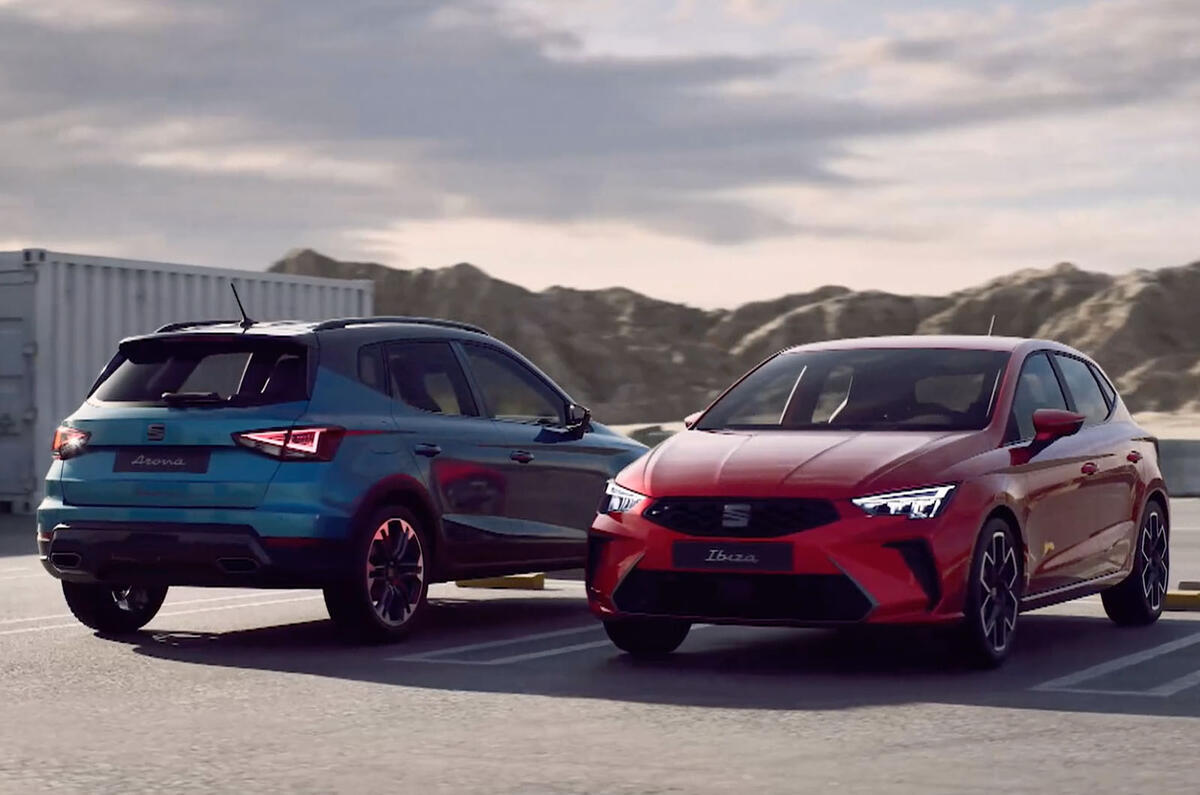Seat will launch hybrid versions of the Ibiza and Arona as part of a significant update in 2025 to meet the strict upcoming Euro 7 emissions regulations.
While the role of Seat has long been questioned following the emergence of Cupra as a standalone brand six years ago, these significant investments in its two entry-level models now suggest a role for the Spanish brand into the 2030s: as a specialist in smaller and more affordable models in conventional segments. That will allow Cupra to play further upmarket, with a focus on plug-in hybrid and electric cars.
Seat and Cupra CEO Wayne Griffiths told Autocar that Seat would follow the lead of the Volkswagen Polo, sibling car to the Ibiza, in being updated next year at the same time as EU7 kicks in.
This will mean mild-hybrid petrol engines will be offered – a significant investment for smaller and less profitable cars but an important and necessary step for car makers to continue to be able to sell affordable new cars in the mass market where demand for EVs has yet to take off.
“We're going to show you next year the new versions of the Ibiza and Arona,” said Griffiths, speaking at a Car of the Year event off the back of the Cupra Terramar making the 2025 CotY shortlist.
“We, like Volkswagen, want to extend the lifecycles of those products, not only with the EU7 but with hybridisation as well, because that's what's missing there: hybrid models.”
Sales of the Ibiza and Arona have both increased in the UK in 2024, and Seat has grown its sales overall.
The larger Seat Ateca and Seat Leon are the other models in the brand's range after the demise of the Tarraco, and both of these are also offered as Cupra models.










Join the debate
Add your comment
I wonder how the regulatory targets work. Do they apply to each brand or the whole group. If it's the latter and Audi for example sells lots of EVs, then presumably SEAT need not concern itself with producing any EVs until 2030 (or 2035 for Europe). For the time being then, it would surely make sense to produce what customers want and what makes the most profit.
So just like a cheap VW then the way Skoda used to be.
So just like a cheap VW then the way Skoda used to be.